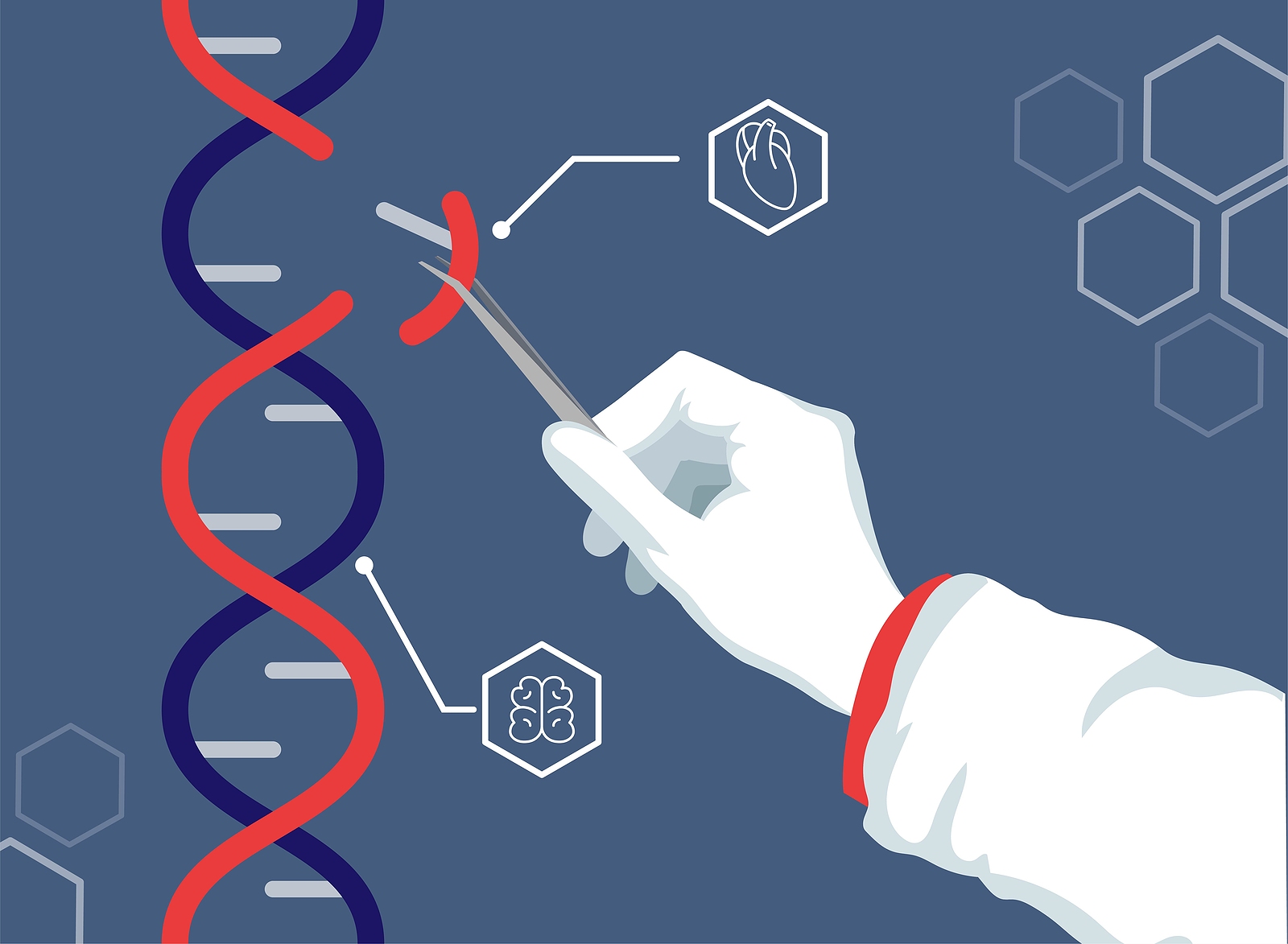
Is genome editing back on scientists’ agenda?
A three-day summit is taking place in London this week to discuss human genome editing. This is the Third International Summit on Human Genome Editing.
At the second one, back in 2018 in Hong Kong, He Jiankui, a Chinese scientist, revealed that he had already modified the genome of three children. Western scientists and bioethicists declared that they were aghast at this violation of an international consensus on genome editing. So, after his bombshell announcement, He disappeared into the Chinese penal system for three years.
The third summit sheds some light on future developments. According to its website, it will continue a global dialogue on somatic and germline human genome editing. Major themes for discussion include developments in clinical trials and genome editing tools such as CRISPR/Cas9, as well as social, ethical and accessibility considerations.
Pete Shanks, of Biopolitical Times, is sceptical of the summit’s commitment to maintaining a consensus on prohibition. He notes that the UK’s Human Fertilisation and Embryology Authority has just published a consultation which shows, in his opinion, “that the agency will seek to grab for itself the authority to decide whether the UK will overturn the existing global policy consensus that heritable genome editing should remain off limits.” As well, the Wellcome Trust, a think tank for reproductive biology, has released the results of a “citizens’ jury” which voted “in favour of editing human embryos to treat serious genetic conditions”.
According to Rob Stein, of NPR, the position of scientists seems to be shifting from a firm No to genome editing to “how can we do this safely?”
“Instead of rejuvenating the calls to say: ‘We should be much more careful,’ ” Sheila Jasanoff, of Harvard University, told Stein. “It was as if the whole scientific community heaved a kind of sigh of relief and said: ‘Well, look, of course there are limits. This guy has transgressed the limits. He’s clearly outside the limits. And therefore everything else is now open for grabs. And therefore the problem before us now is to make sure that we lay out the guidelines and the rules.'”
